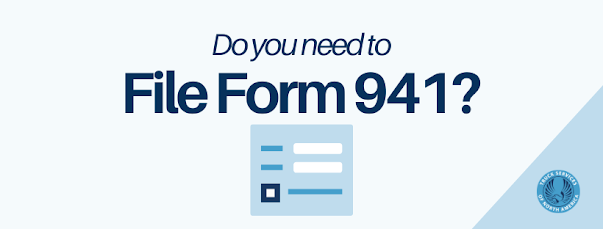Merry Christmas from everyone here at Truck Services of North America! We hope you’re having a great holiday season so far, whether you’re on the road working hard, or just relaxing at the house with some friends and family.
Please note that we will be out of the office on Christmas eve, Christmas day, New Year’s eve, and New Year’s day, so if you need anything during that time, we’ll be offering emergency email support during those times at support@tsnamerica.com.
Read More »
Without you truckers, this holiday wouldn’t be possible. No Christmas trees, no turkey dinners, and no presents. That’s right, we have you all to thank for all the wonderful presents nestled under our trees this Christmas.
Don’t forget that with the end of the year, in addition to all the New Year’s festivities, comes several trucking renewal deadlines.
UCR:
The deadline for renewing your UCR registration is December 31, so you’ll need to have that done before the end of the year. We understand just how difficult and time-consuming this process actually is. So if you need help or want someone to take care of this pesky registration for you, then you know who to call.
HVUT:
The IRS will shut down from December 25 until mid-January. That means if you still need a 2020-21 Form 2290, you need to file before the shutdown. The IRS will not process any forms during the shutdown.
So while it may not be something that can be wrapped, bagged, or even placed under the tree, give yourself the gift of TSNAmerica this holiday season. With all the bustle going on around this time of year, who has time to deal with registrations and renewals? Only us—that’s who. So give us a call at 877.520.8640 and let us make your holiday season by taking the paperwork out of your way!
Don’t forget that with the end of the year, in addition to all the New Year’s festivities, comes several trucking renewal deadlines.
End of the Year Trucking Deadlines
UCR:
The deadline for renewing your UCR registration is December 31, so you’ll need to have that done before the end of the year. We understand just how difficult and time-consuming this process actually is. So if you need help or want someone to take care of this pesky registration for you, then you know who to call.
HVUT:
The IRS will shut down from December 25 until mid-January. That means if you still need a 2020-21 Form 2290, you need to file before the shutdown. The IRS will not process any forms during the shutdown.
So while it may not be something that can be wrapped, bagged, or even placed under the tree, give yourself the gift of TSNAmerica this holiday season. With all the bustle going on around this time of year, who has time to deal with registrations and renewals? Only us—that’s who. So give us a call at 877.520.8640 and let us make your holiday season by taking the paperwork out of your way!
Please note that we will be out of the office on Christmas eve, Christmas day, New Year’s eve, and New Year’s day, so if you need anything during that time, we’ll be offering emergency email support during those times at support@tsnamerica.com.






























